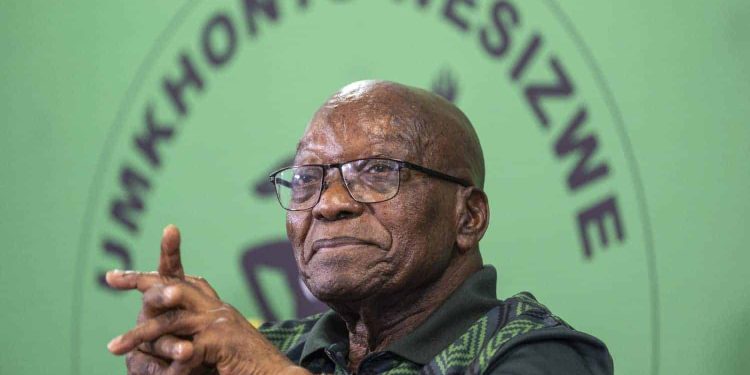Former President Jacob Zuma is under renewed scrutiny for his administration’s decision to loan R2.8 billion to Eswatini (formerly Swaziland) during his time in office. Critics argue that the funds could have been better spent addressing South Africa’s own socio-economic challenges rather than supporting the neighboring monarchy.
The loan, issued in 2011, was meant to help Eswatini during a financial crisis. At the time, the country was grappling with severe economic difficulties, leading King Mswati III to seek financial aid from neighboring nations. Despite concerns over governance and human rights issues in Eswatini, Zuma’s government approved the bailout.
Years later, the decision is being questioned, with opposition parties and civil society groups demanding accountability. Many argue that the money should have been used for poverty relief, service delivery, and infrastructure projects in South Africa, which was already battling high unemployment, strained public services, and economic instability at the time.
Economic analysts suggest that while regional stability and diplomatic relations may have played a role in the decision, the lack of transparency and public consultation remains a concern. Some believe the funds could have had a greater impact if invested in critical domestic sectors such as education, healthcare, and job creation.
Zuma, who now heads the uMkhonto weSizwe Party (MKP), has not provided a detailed explanation for the loan. His critics are calling for clarity, insisting that he justify why Eswatini’s financial struggles were prioritized over pressing needs in South Africa.
As political tensions persist and past governance decisions resurface, Zuma’s response—or silence—could influence his credibility amid his political resurgence. With public pressure mounting, the demand for answers continues to grow.






















